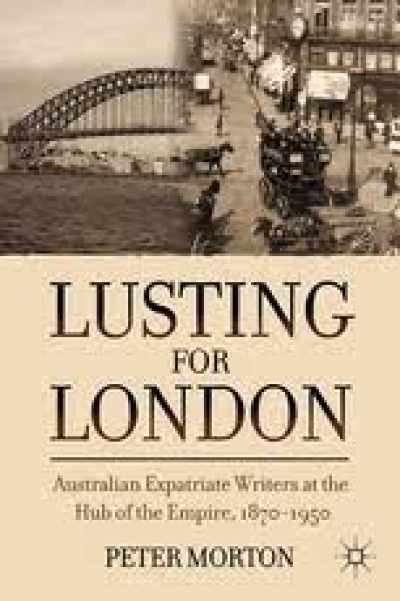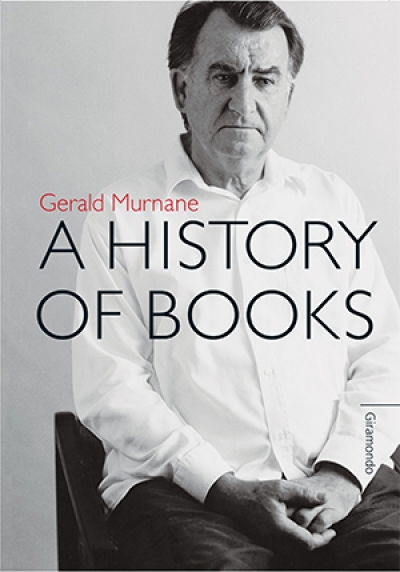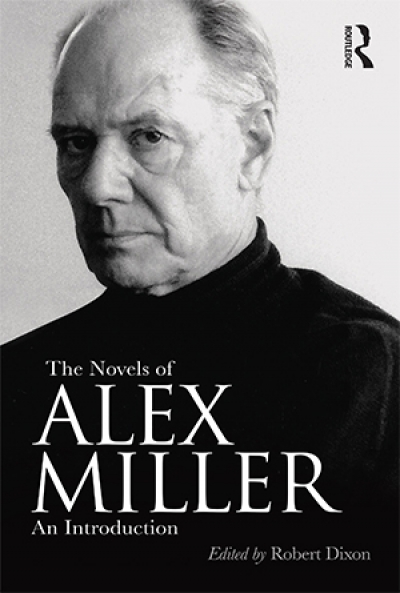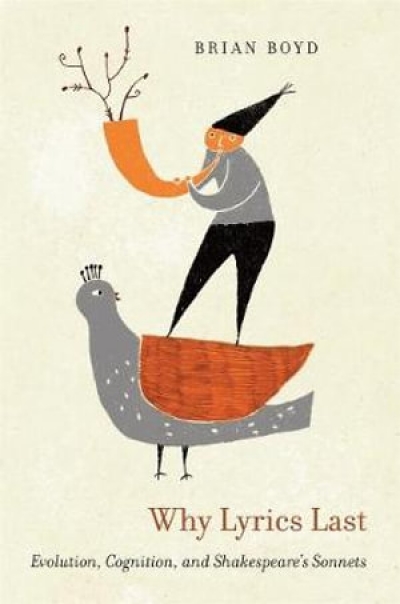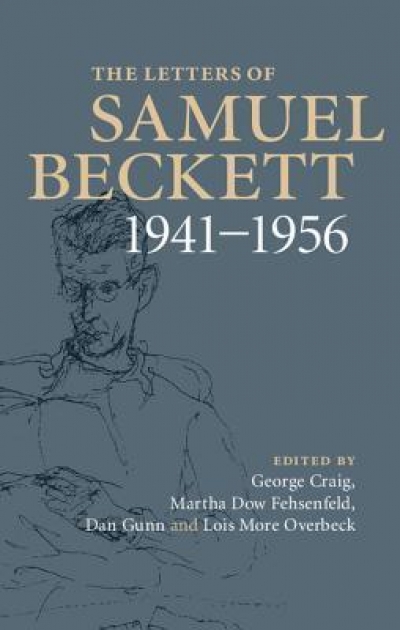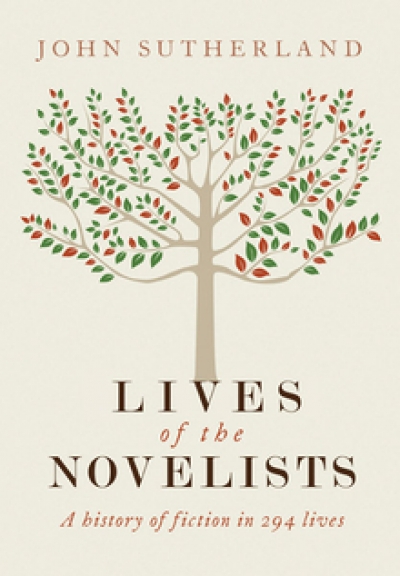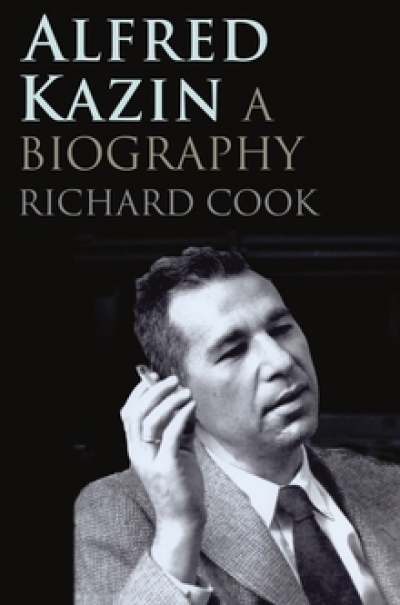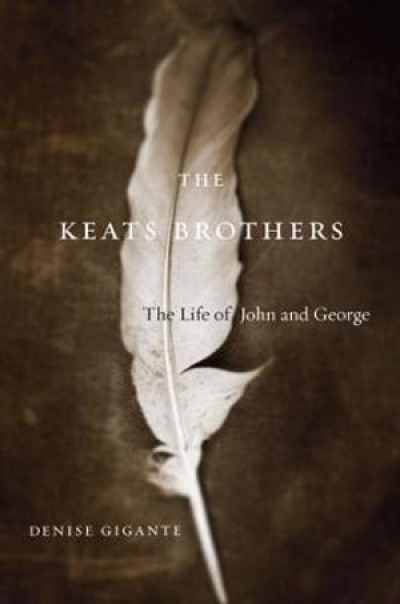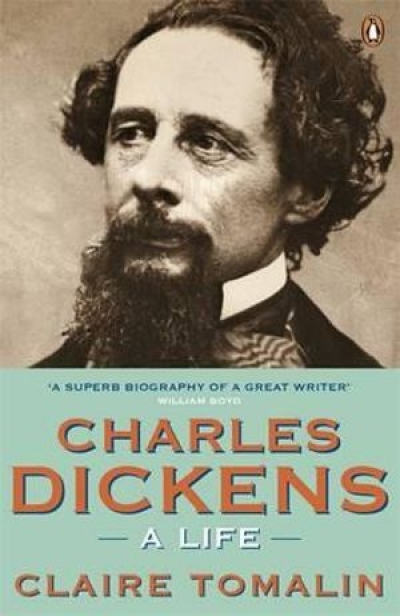Literary Studies
Lusting for London: Australian Expatriate Writers at the Hub of Empire, 1870–1950 by Peter Morton
Until recently, there was a prevailing attitude that to succeed as a professional author one had to go into exile. The small Australian market could not support a writing career; it was necessary to travel abroad and court a larger readership. Because Australia was a British colony, the obvious destination was London, heart of empire.
... (read more)Soon after the announcement of the shortlist of this year’s Miles Franklin Literary Award (‘the Miles’), bookmaker Tom Waterhouse installed Anna Funder’s All That I Am (2011) as favourite. Fair enough, too: it’s an astute and absorbing Australian novel about, among other things, Nazism’s long shadow. But Waterhouse favoured Funder – oddly – because her non-fiction book Stasiland (2003) won the Samuel Johnson Prize in 2004. He asserted – debatably, even if it proves correct in 2012 – ‘a strong positive correlation’ between the Miles and the Australian Book Industry Awards. Most interestingly, he noted that the administrators of the Miles, The Trust Company, have now authorised the judges to extend their interpretation of Australianness beyond geography.
... (read more)The autobiography, that seemingly inevitable act of self-revelation, is frequently a work tricked out with very little art. For the novelist, unlike the anecdote-disposing musician or painter, the problem is doubled: they are making a home with the same tools. Rare is the autobiography that, like Nabokov’s Speak, Memory (1951) or Martin Amis’s Experience (2001), speaks in the voice of the working artist, similarly lush or distinctive – the same register, that same unmistakable snap and hum. Too often a plainer style is attempted: the unadorned truth, as it were, after so many convincing lies. But what happens when, at some crucial point in a writer’s oeuvre, the distinction between fact and fiction – or, to use the market’s terms, fiction and non-fiction – becomes a useless one? Gerald Murnane has always been a deeply autobiographical writer – he once famously claimed to possess no imagination, which would seem to make memoir of any kind a default position – and his latest work of fiction, A History of Books, renders the distinction more useless than ever.
... (read more)As creative writing programs continue to surge in popularity, it has become something of an uphill battle to recruit students for literature courses in universities. In an environment overstocked with would-be writers fixated on the image of a potential publisher whose own field of vision is a mass of BookScan figures, a collection of critical essays on a literary writer has something of an ambassadorial role to play. Can those who profess an interest in books and writing be persuaded that there is value in complex engagements with context and tradition, form, and theme?
... (read more)Why Lyrics Last: Evolution, Cognition, and Shakespeare’s Sonnets by Brian Boyd
At the dangerous time when Sir Thomas Wyatt and the earl of Surrey were around, the sonnet sprang into English from Petrarch’s Italian. A constant cuckoo, it has stayed in our linguistic tradition ever since. It is an odd verse form to have done so, regular, yet in one way asymmetrical. Moreover, this cuckoo form has long stood at the heart of what we mean by ‘lyrical’. As Wordsworth quotably if unsubtly wrote, ‘With this key Shakespeare unlocked his heart.’ Borges was to see through that romantic sense of the poet-dramatist in his mini-story ‘Everything and Nothing’, where God and the playwright eventually come face to face: that is if they have faces at all. Or hearts.
... (read more)The Letters of Samuel Beckett, Volume II: 1941–1956 by George Craig et al.
In a 2009 interview linked to his production of Endgame in which he played Clov, the actor–director Simon McBurney observed that ‘nearly all theatre colleagues I meet have a Beckett story’. My own (second-hand) favourite Beckett story, told me by the Brecht scholar and former deputy editor of the Times Literary Supplement John Willett, might seem too drolly apposite to be true: but he assured me that it was.
... (read more)Lives of the Novelists: A history of fiction in 287 Lives by John Sutherland
Here are some of the interesting things you may learn if you read John Sutherland’s Lives of the Novelists:
↓ that James Fenimore Cooper was expelled from Yale for training a donkey to sit in the professor’s chair
↓ that Evelyn Waugh once attempted suicide but was prevented from drowning by a passing shoal of jellyfish
↓ that Fanny Burney underwent a double mastectomy without anaesthetic and lived to write a toe-curling description of what it felt like
... (read more)Alfred Kazin by Richard M. Cook & Alfred Kazin’s Journals edited by Richard M. Cook
If his biographer and editor of his Journals is to be believed, by the early 1960s the Brooklyn-born Alfred Kazin was ‘arguably the most sought-after and widely published critic’ in the United States. Kazin (1915–98) claimed that 1956–61 was ‘the greatest period in my life’. Having returned from a teaching post in Amherst to New York City, he succeeded in making a living as a freelance literary critic and essayist, assisted by the occasional visiting professorship (a form of assistance unavailable to his predecessor of sorts, the hero of George Gissing’s New Grub Street). Kazin’s reviews and essays appeared in the Atlantic, Harper’s, American Scholar, the New York Times Book Review, Commentary, Partisan Review, Reporter, and Playboy. He would publish eighty-two articles in the New York Review of Books, of which he observed, possibly biting one of the hands that fed him: ‘Critic for NY Review of Books – someone who argues brilliantly on behalf of the most arbitrary personal prejudices.’
... (read more)The Keats Brothers: The life of John and George by Denise Gigante
On the morning of 17 September 1820, a consumptive John Keats and his travelling companion and nurse, the artist Joseph Severn, boarded the 127-ton brigantine Maria Crowther bound for Italy. Ahead of them lay thirty-four days of foul weather, fouler food, and close quarters shared with another consumptive (a young girl) and a horrified matron; thirty-four days, for Keats, of agonising regret and mortal fear. It was the first stage of what he called his ‘posthumous existence’: the twenty-five-year-old poet was sailing out to die. And because Keats was prevented by the well-meaning Severn from swallowing the phial of euthanasian opium he had bought before leaving England, this posthumous existence would drag on until nearly midnight on Wednesday, 21 February 1821, when Keats died in Severn’s arms in an apartment in the Piazza di Spagna in Rome.
... (read more)Charles Dickens by Claire Tomalin & Becoming Dickens by Robert Douglas-Fairhurst
This is how Claire Tomalin closes her Dickens biography: ‘He left a trail like a meteor, and everyone finds their own version of Charles Dickens’, followed by a long list of types. I consider Dickens the surrealist, or the sentimentalist, but then I pick Dickens the tireless walker. And I concede, with Tomalin, that regarding his life and work, ‘a great many questions hang in the air, unanswered and mostly unanswerable’.
... (read more)

